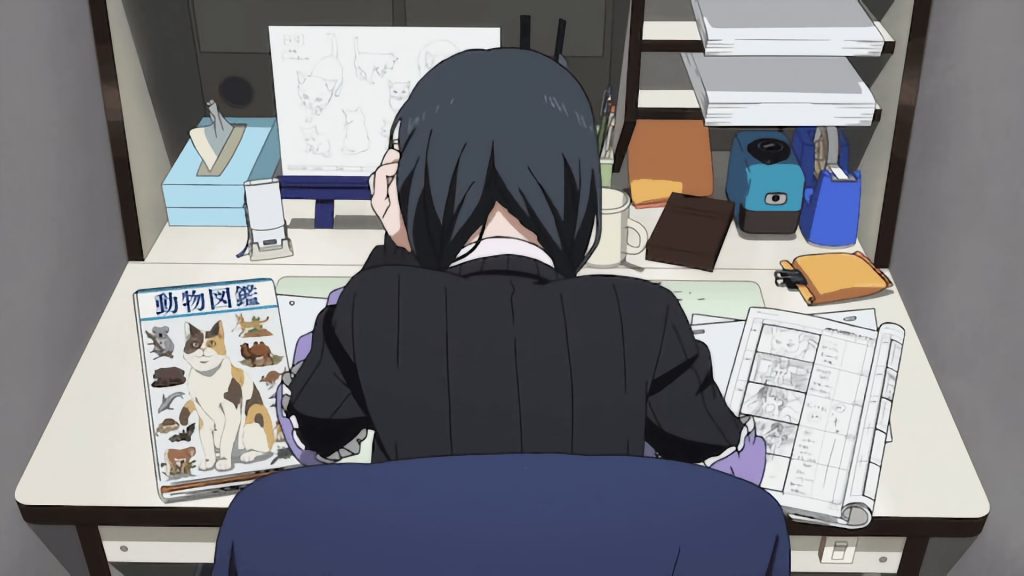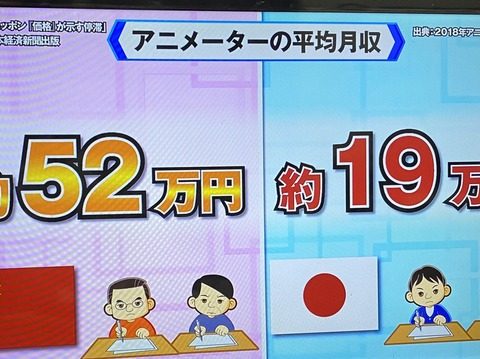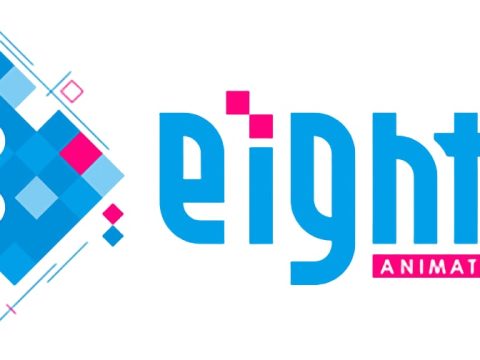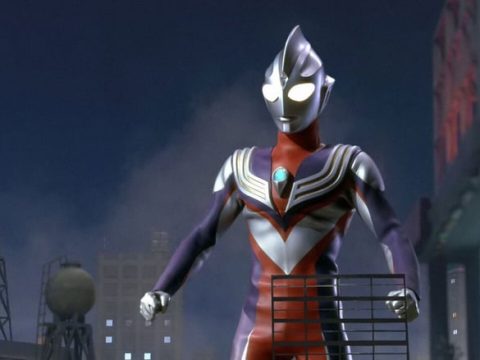 If you stick around for the credits when you watch anime (which you totally should!), you’ll notice that a lot of the folks who help make it happen are from outside Japan. It’s been pretty standard practice for decades for Japan to outsource animation—especially in-between frames—to countries like South Korea, Vietnam and China.
If you stick around for the credits when you watch anime (which you totally should!), you’ll notice that a lot of the folks who help make it happen are from outside Japan. It’s been pretty standard practice for decades for Japan to outsource animation—especially in-between frames—to countries like South Korea, Vietnam and China.
But now, it seems, the tables have turned.
There’s an article out via Livedoor News about how for some Chinese productions, hiring Japanese animators is actually much cheaper than hiring Chinese ones. The headline figure is that the average monthly wage for an animator in Hangzhou is about $4,700, while in Japan, it’s closer to $1,600.
The author of the article, who’s written a book about labor in Japan in called Yasui Nippon (Cheap Japan), offers as an example a studio in Tokyo called Colored Pencil Animation Japan. The studio did animation work on a Chinese series called The King’s Avatar—in fact, it’s a branch of a studio from China that was set up in Tokyo specifically to work on such series.
Japanese animation is popular in China, but its government has begun to crack down on content from abroad. To fill the entertainment gap, Chinese companies are producing their own animation, and using Japanese talent to help their content achieve anime-level quality.
There’s a catch, though: sometimes, the “anime-level quality” Chinese companies receive ain’t that good. Animator talent is apparently stagnating in Japan (probably because wages are so bad that people don’t stick around and improve), and Chinese animation companies have been known to actually reject poor quality animation they receive from their Japanese vendors. Ouch.
Meanwhile, the number of Japanese animators actually moving to China seems to be growing. Moving to a new country can be tough, but it’s hard to argue with $4,700 versus $1,600.
Source: Livedoor News







